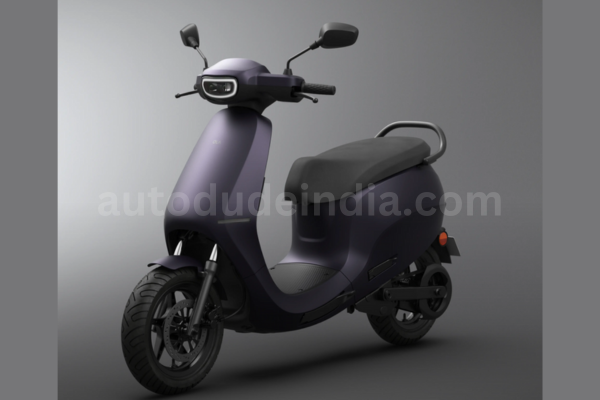World Congress on Internal Combustion Engines 2024 Unveils Breakthroughs in Efficient Diesel Engines

The 2024 World Congress on Internal Combustion Engines commenced in Tianjin with a focus on the unveiling of the world’s most efficient commercial diesel engine. Themed “Green, Reliable, Intelligent, Efficient,” the congress was a collaborative effort between the Chinese Society for Internal Combustion Engines and Tianjin University. It drew nearly 40 scholars globally, alongside scientists, entrepreneurs, and technical experts from over 20 countries, converging to explore the future trajectory of internal combustion engines amidst the “dual carbon” challenges.
The opening ceremony witnessed the presence of esteemed personalities including Wan Gang, Chairman of the China Association for Science and Technology, and Zhang Gong, Deputy Secretary of the Tianjin Municipal Party Committee and Mayor. Also in attendance were Rick Boom, President of the International Council on Combustion Engines; Jin Donghan, President of both the 2024 World Congress on Internal Combustion Engines and Tianjin University, and an academician of the Chinese Academy of Engineering; and An Tiecheng, Chairman of the China Automotive Technology Research Center Co Ltd. The ceremony, presided over by Shu Gequn, Vice President of the Chinese Society for Internal Combustion Engines and Party Secretary of the University of Science and Technology of China, saw Huang Zhen, an academician of the Chinese Academy of Engineering, and other experts present insightful reports.
The consensus among attendees underscored the indispensable role of internal combustion engines in propelling economic and social development amid the global energy transformation challenges. Notably, the congress highlighted the potential of carbon-neutral and zero-carbon fuels to revitalize the internal combustion engine industry.
A pivotal moment occurred during the ceremony when Weichai Power Co Ltd unveiled the world’s first commercialized diesel engine with a base engine brake thermal efficiency exceeding 53 percent. This breakthrough, representing advancements in key technologies like high-expansion combustion and high-efficiency fuel injection, is poised to save nearly 20 million tons of fuel and reduce carbon emissions by over 60 million tons annually if widely adopted in China. This aligns with China’s ambitious “carbon peak and carbon neutrality” objectives.
Jin Donghan expressed, “In the realm of transportation, engineering machinery, and long-distance shipping, internal combustion engines stand as the predominant driving force, promising substantial potential in promoting energy conservation and carbon reduction. We aim, through this congress, to actively explore the pathways to achieve ‘carbon neutrality’ in internal combustion engine technology, thereby contributing to the advancement of the global internal combustion engine industry and enhancing human societal well-being.”
The congress, co-hosted by Tianjin University, highlighted the institution’s pioneering role in internal combustion engine research. Tianjin University, home to China’s first national key laboratory in this field, has garnered 18 national-level scientific and technological awards. The university’s establishment of the State Key Laboratory of Engines in 2023, focusing on “efficiency, zero carbon, and intelligence,” underscores its commitment to driving advancements aligned with the “dual carbon” goals.
Jin Donghan remarked, “Tianjin stands as a significant hub for China’s internal combustion engine industry, boasting strong foundations in research and development, manufacturing, testing, and component production. The convening of the World Congress on Internal Combustion Engines in Tianjin holds particular significance, both for the city and the internal combustion engine industry.”
Since its inception in 2018, the World Congress on Internal Combustion Engines has served as a pivotal platform for global technical exchanges in the internal combustion engine industry. Held every three years, the congress encompasses international academic exchanges, summit forums, technical achievement promotions, high-end product exhibitions, and on-site technical inspections. This year’s congress featured renowned experts and scholars from the US, Germany, the UK, Canada, Japan, Spain, and other countries, presenting over 500 academic papers and hosting sub-sessions on various topics including Sustainable Transportation & Intelligent Control, Efficient and Clean Combustion, Carbon Neutrality and Emission Control Technology, Design, Manufacturing, Lubrication and Reliability, Fuel Cells and Energy Storage, and Modern Power. Twenty-one leading units in the internal combustion engine and related industries showcased new technologies, products, and achievements in the exhibition area.




